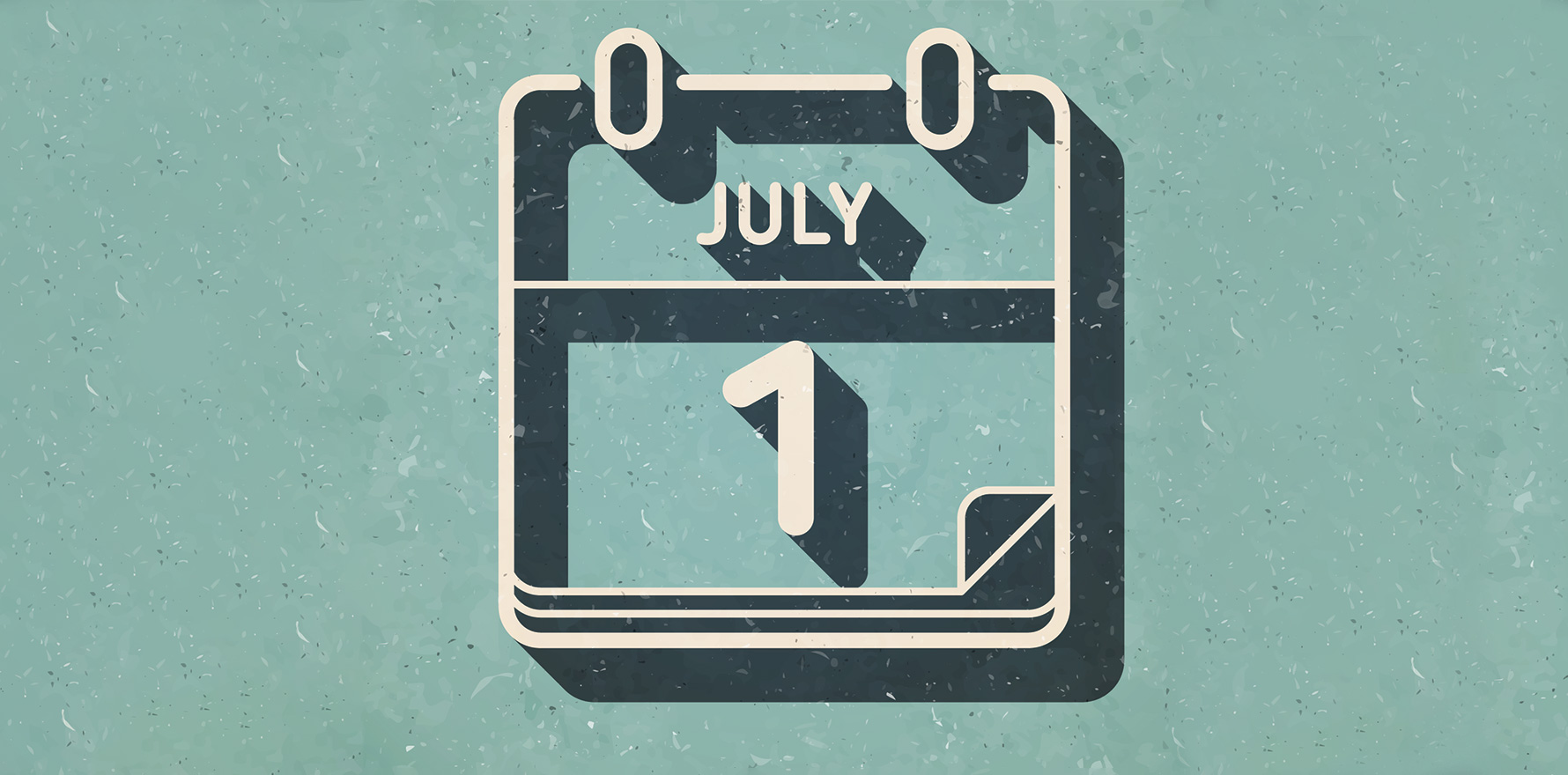The pitiful indexation rate that kicks in on 1 July has made the date a symbolic deadline for many GPs to start charging gaps.
For months now, leading up to the election and since then, there has been more and more chatter on GP forums about universal bulk billing.
They dominant theme is the unsustainability of bulk billing and the need to close shop or to move to mixed billing, where a proportion of patients are charged a gap fee to offset those who continue to be bulk billed.
With the recent news of the Fair Work Commission raising the minimum wage by 5.2% in line with inflation, and the patient Medicare rebate rising as of 1 July by only 1.6%, the writing is on the wall.
Bulk billing is dead in the water. The sooner that practices and the public understands and accepts this, the better.
The president of the RACGP Adjunct Professor Karen Price late last year encouraged as many members as possible to move to private billing as possible. It was a precedent-setting move, recognising and vocalising in no uncertain terms that until we do this, nothing will change.
Politicians are apathetic.
The general public remains clueless, and often angry, if asked to pay a gap fee.
We GPs are caught between them.
The trope of the greedy doctors remains and is applied principally, it seems, to the GP who has been bulk billing everyone and subsidising costs out of their own pockets because we must all be rolling in it.
Many articles have been written on this, and on social media there are support groups for GPs, especially burnt-out female GPs, who can no longer go on. They have either left general practice or medicine, or moved into salaried jobs, even with pharma companies, to get away from the daily entitlement and anger from patients. Covid has not helped, nor the pile-on from politicians.
Many of my colleagues who feel stuck in UBB practices and have been pushing to move to mixed billing, but have had pushback from scared owners, have seen a change. More recently, with no real appreciable change to the patient rebate, and the threat of losing good GPs preparing to move to mixed and private billing practices, owners have begun to relent on introducing gap fees.
How they do this may vary, but for many of these practices, 1 July is the day.
Are they scared? Yes.
Are they worried? Absolutely.
Are they likely to go under if they continue to bulk bill everyone? Very possibly.
Many practices have already lost excellent GPs to mixed and private-billing practices. Many of us will simply say no if asked to consider a bulk-billing practice. I will not water down the level of my care to fit in with the inadequate rebate, nor will I rush.
This means in real terms that patients either choose to go to churn-and-burn style of medicine and complain about how awful the care was, or they choose to budget for a proper consultation with their chosen doctor and support their staying in business, like every other small business.
Invariably there will be pushback, and anger, and many of my colleagues are afraid of this, but I hope it will be short-lived. Because when push comes to shove, when there is a need, and if we can afford it, cost becomes less relevant than getting timely access to care.
For nearly 40 years, Australians have been used to accessing healthcare at a GP practice for “free”. It has set up a mentality that it “should be free”, even though the patient rebate first failed to rise in line with inflation, I am told, as early as 1996. For the cluey GPs who moved to mixed billing back then, moving to private billing for everyone has been relatively easy, and not much has changed because their patients are used to paying. For the rest of us, especially those who have relied on UBB to stay afloat, there is some pain ahead, some fear and anxiety and a very real concern that patients will simply go elsewhere.
As I have said before, this is all normal. It is normal to be fearful, and to expect a significant percentage to move (or to threaten to). It is human nature, especially with the cost of everything going up at the moment. People will understandably try to skimp on medical care before they will forgo things that bring pleasure.
If we are to survive this, and not go under, we must have a plan. (And arguably, those who continue to bulk bill will go under anyway, sooner or later, either via providing unsafe care or through burnout).
For me, back in 2013, when patients advised they could not afford to see me, I learned to thank them for letting me know and wish them all the best. I never burnt bridges. I prepared to wait it out for three months before reassessing.
From memory, I had to wait about six weeks before many of them came back. After I moved practices, some continued to follow me to the next clinic more than 15km away.
So my advice to all taking this brave step is to watch your own anxiety, to press pause, and to remember why you are doing it.
I did it because I was so busy it felt unsafe. I was also increasingly resentful of the way I was treated by some patients, and I was aware that many of them could possibly afford to pay the fees but were choosing not to, because some UBB practices worry more about losing “customers” than providing them with the best care – even though that benefits the practice as well as the patient.
The folding of Tristar, Osana and others is a warning to those of us who hope to continue to work in general practice, and who are not ready to give up and to walk away, or able to retire.
When I feel guilty, I remind myself that this is a boundary that is serving me and my patients. We both now have skin in the game, and it will ultimately – once we have endured the teething problems – be better for us all in the long run.
Dr Imaan Joshi is a Sydney GP; she tweets @imaanjoshi.







